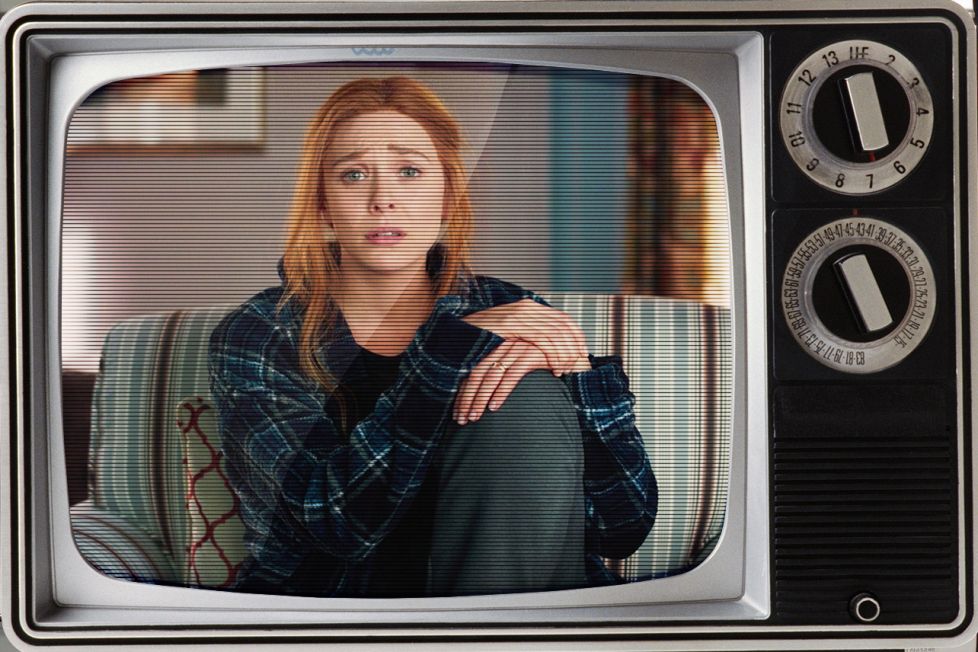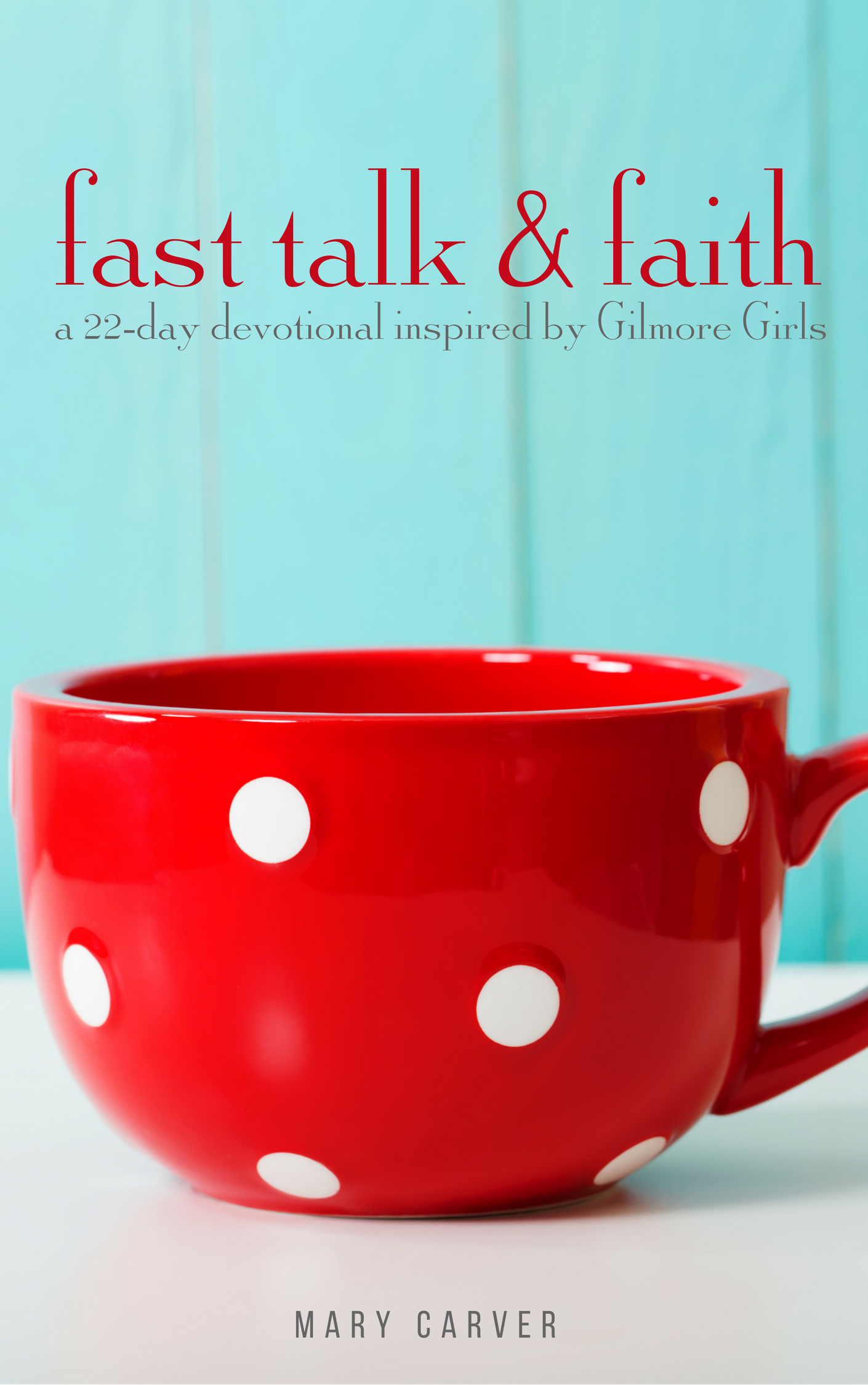
Are you watching WandaVision? (No worries if not. This is spoiler-free and gets to the Marvel-not-required point pretty quickly.)
I’ve been watching WandaVision every Friday since the show premiered. My first and strongest reaction for several weeks can be summed up as this: It’s weird. A longer response usually followed: I don’t really get it. Of course, I wasn’t about to let my lack of understanding keep me from this strange but intriguing show everyone was talking about, so immediately after watching each episode, I turned to all the deep diving, Easter egg revealing, nerding out articles I could find.
I still didn’t really get it. Until I did.
I’m not talking about how this show fits into the Marvel Cinematic Universe or the motivation of each of the random collection of characters. Clues for all that started showing up in the first episodes and came to a pretty major reveal in last week’s penultimate episode. I haven’t watched the finale yet but anticipate a whole lot of explanation along with a whole slew of unanswered questions because that’s how Marvel rolls.
But what hit me like a case of hand sanitizer or a dozen jumbo rolls of toilet paper happened in episode 7.
In that episode, Wanda’s world looks like a mashup of Modern Family and The Office. In the style of Claire Dunphy, our harried suburban mom spoke to the camera about her recent, devastating experiences:
- Look, we’ve all been there, right? (CHUCKLES) Letting our fear and anger get the best of us, intentionally expanding the borders of the false world we created.
- It’s probably just a case of the Mondays. (CHUCKLES) Am I right?
- I’m your mom. And as such, you were counting on me to have all the answers, right? (CHUCKLES) Well, I don’t. I have… no answers. (CHUCKLES) Zip. Zero. Zilch. Nada. Niente. (CHUCKLES) I’m starting to believe that everything is… meaningless. You’re welcome to draw your own conclusions, but that’s just where I’m at. (CHUCKLES)
- (CHUCKLING) I’m fine. I’m fine. I’m fine. I’m fine. I’m fine. I’m fine.
I snagged those quotes from a website that published the script, which is why you see (CHUCKLES) throughout. But also . . . gosh, that’s a lot of chuckling, isn’t it? And without the wry, self-deprecating, transparently unfunny chuckles, we don’t grasp the full meaning of Wanda’s words. We don’t see how desperately she’s holding onto the facade that this is life as normal and everything is fine.
Fine. Fine, fine, fine. FINE.
The first time I watched this episode, I literally paused my TV to let that last line of hers sink in. And I realized, physically reacting as if someone had thrown that case of Germ-X or Cottonelle directly at my body, this felt familiar—and not just because I’ve watched my share of mockumentary-style sitcoms.
I’m not the first person to experience, acknowledge, or share about the “pandemic wall.” So many of us are hitting it was we face the one-year anniversary of when our world changed forever. This isn’t unique to me or to you. But that doesn’t make it any less real than the glimpses Wanda gets in episode 7 of the very real ways her world—and her ability to handle it—are crumbling.
A few weeks ago I visited my doctor’s office. As I sat on the table, awkwardly swinging my legs and wondering why I couldn’t just sit on the chair, the nurse asked me all the usual questions. Then, fumbling a bit, she said, “We have a new system, so I have to ask you these questions now.” She handed me a clipboard with a sheet of questions about my mental health and as I answered them in fits and starts, I began babbling about how I was fine.
Totally fine. I mean, not fine fine. I’m normal fine—or should I say “pandemic fine”? I get out of bed every morning and I only stare into space for, like, an hour each day? That’s normal, right? Making sure my kids have three meals a day and meeting my work deadlines (albeit at the very last minute) and still believing God is good—these facts balance out the underlying, never-leaving sense of dread I feel and have felt for a year now, right?
Look, I told the nurse, I am fine. I’m as fine as anyone else. This is just how life is right now and I don’t think it will last forever and I don’t need help because I’m fine, I said.
This [mostly one-sided] conversation was as uncomfortable as it sounds.
Finally, I signed the piece of paper and handed it over, sighing at my nervous chatter. I looked at the nurse and explained that I really was doing mostly okay on most days, and I’m glad she asked the questions. I confessed that recently, I’d started wondering if some things I’ve come to believe are “normal” or “new normal” or “normal for now” might be actual problems that I had just convinced myself to live with. She smiled kindly and said that, if I ever decided “fine” wasn’t good enough and felt like I need help, they will help.
I was reassured but also a little shaken. Was I fine? I mean, I knew I wasn’t fine fine. But I’d thought pandemic fine was enough for now. But was it? And what if I could actually do something—maybe just a small something—to move away from pandemic fine? Why did that idea leave me a little shaky, a little sweaty?
Because when we stop chuckling and start facing reality, it’s hard. It hurts. And it leaves us vulnerable. But could it also lead to healing? Could we allow that vulnerability, that admission that we need help to propel us forward, even if by just a baby step?
I think so. And I think that, for me, it’s time to stop “making do” with pandemic fine and ask God to help me find ways to get a little closer to fine fine. Maybe it is for you too?
God isn’t Santa Claus. Asking for help doesn’t guarantee an earthly answer to all our troubles. And I don’t know what’s pressing in on you while you chuckle and “fine” all over the place. But I do know that God is with us. He’s never left us. And He’s waiting for us to turn to Him, again (and again and again).







